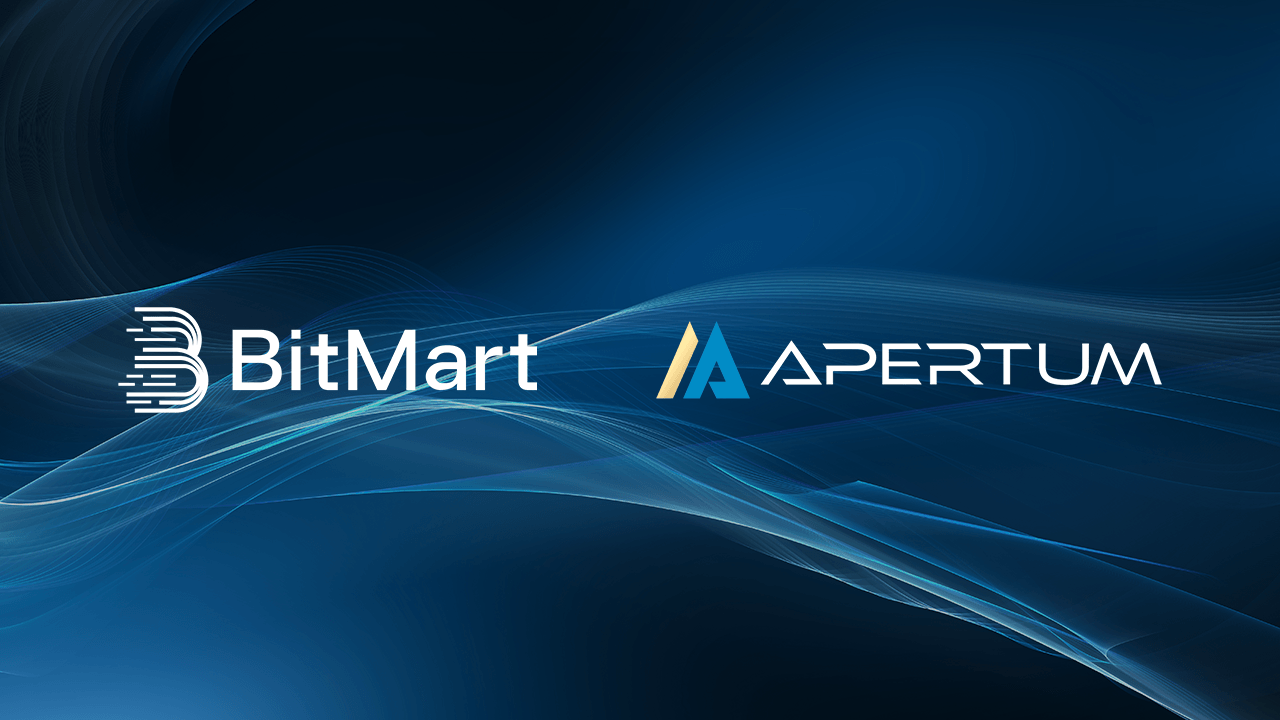In the world of Bitcoin and other cryptocurrencies, cross-chain trading has become a hot topic. We often hear professional jargon like "Aggregator Exchange," but for most investors, these concepts might still be somewhat murky. Today, let's delve deep into what aggregator exchanges are, how they work, their advantages, and why they are playing an increasingly important role in the cryptocurrency market.
What is an Aggregator Exchange?
An aggregator exchange is a platform that consolidates liquidity from various decentralized and centralized exchanges. In simple terms, an aggregator exchange provides users with an interface where they can select and compare trading pairs and prices from different exchanges, allowing for optimized trading outcomes. Users only need to operate on one platform to enjoy the best prices available across multiple trading venues.
Imagine if you could go shopping and, at a single stop, check prices from all stores to find the best deal! Aggregator exchanges are just that kind of platform, making it easier for traders to get the best asset prices from various markets.

How Do Aggregator Exchanges Work?
Aggregator exchanges work by leveraging smart contracts or connecting to different exchanges via APIs to obtain real-time market data. When a user initiates a trade request, the aggregator exchange automatically selects the most favorable exchange for matching based on current prices and liquidity. Here are the key steps involved in aggregator exchanges:
Data Aggregation: The aggregator exchange continuously fetches asset prices, trading pairs, and liquidity information from various exchanges.
Price Discovery: By comparing prices across different platforms, it identifies the most advantageous trading rate.
Trade Execution: Once users confirm a trade, the aggregator exchange sends the order to the selected exchange to complete the transaction.
Asset Settlement: Finally, the user's assets are deposited into their cryptocurrency wallet.
This method of capturing the best prices allows aggregator exchanges to reduce trading costs and improve trading efficiency.
Advantages of Aggregator Exchanges
Price Advantages
Since aggregator exchanges continuously compare prices from multiple exchanges, users can trade at the best possible prices. This is a huge attraction, especially in volatile markets where price differences can be significant.

Increased Liquidity
Aggregator exchanges consolidate liquidity from several platforms, meaning that users can find matching orders faster when trading. This increased liquidity is particularly valuable for trading tokens on smaller exchanges.
Ease of Use
For newcomers, aggregator exchanges offer a simplified trading process. Users can manage all transactions on one platform, reducing the hassle of switching between different exchanges.
Security
While aggregator exchanges rely on external exchanges to execute trades, many aggregation platforms use decentralized technologies like smart contracts to ensure transaction safety and transparency. Users' private keys and assets are often not directly exposed, reducing security risks.
Common Use Cases for Aggregator Exchanges
There are several well-known aggregator exchanges in the market, providing convenient trading methods while showcasing their advantages in different scenarios. For example:
1inch: As a decentralized aggregator exchange, 1inch compares trading prices across multiple DEXs (Decentralized Exchanges) to offer users the best trading paths.
Paraswap: Similar to 1inch, this platform aims to provide the best quotes and liquidity for cross-chain trading.
Kyber Network: This platform not only supports exchanges of various assets but also allows users to choose trading sources flexibly.
The success of these platforms highlights the market demand for aggregator exchanges and reflects users' expectations for a superior trading experience.
How to Use Aggregator Exchanges Safely
Although aggregator exchanges offer many conveniences, users must also stay vigilant and ensure the safety of their assets while using these platforms. Here are some safety tips:
Choose Reputable Platforms: Use well-known aggregator exchanges, which usually have a stronger reputation and protections in place.
Enable Two-Factor Authentication: Protect your account's security to prevent it from being easily attacked.
Change Passwords Regularly: Keep your password strong and change it periodically.
Start with Small Transactions: When using a new platform, start with small transactions to understand the platform’s trading processes and safety measures.
Future Outlook
With the development of blockchain technology, aggregator exchanges will undoubtedly continue to evolve and expand. More assets, platforms, and functionalities will emerge, enhancing user experiences even further. Meanwhile, advancements in cross-chain technology will present both opportunities and challenges for aggregator exchanges. Whether you are a beginner or a veteran, there are always new possibilities to discover in this space.

As an emerging trading model, aggregator exchanges provide convenience and opportunities for cryptocurrency investors. In this rapidly changing market, how you choose the right aggregator exchange and use its tools smartly can significantly influence your investment returns in the cryptocurrency space. I hope today’s article helps you better understand aggregator exchanges and empowers you to master cross-chain trading in the future.
















No comments yet